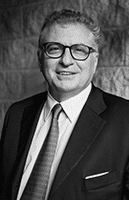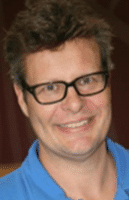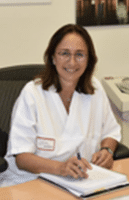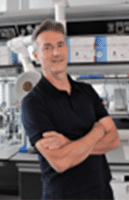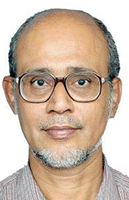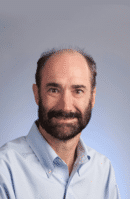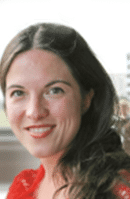

About HUGO
Human Genome Organisation (HUGO) is the international organisation of scientists involved in human genetics. HUGO was conceived in 1988, at the first meeting on genome mapping and sequencing at Cold Spring Harbor. From an initial group of 42 scientists from 17 countries, HUGO has increased its membership to almost 2,000 members, from over 92 countries in a period of only two decades. Over the years, HUGO has played an essential role behind the scenes for the human genome project. With its mission to promote international collaborative efforts to study the human genome and the myriad issues raised by our increasing knowledge of the genome, HUGO has had noteworthy successes in some of the less glamorous, but nonetheless vital, aspects of the human genome project.
As a truly international organisation, HUGO has refocused its efforts towards the medical implications of genomic knowledge. Looking forward, HUGO is working to enhance the genomic capabilities of the emerging and developing countries of the world. The excitement and interest in genomic sciences in Asia, the Middle East, South America and Africa are palpable and our hope is that these technologies will help to aid national development and worldwide health.
About Human Genome Meeting (HGM)
Human Genome Meeting (HGM) is a series of annual conferences organised by the Human Genome Organisation (HUGO). It started as a meeting dedicated for Human Genome Mapping. Over the years, with the completion of the Human Genome Project, HGM has evolved from a small targeted meeting into an international scientific conference for all genetic and genomic researchers; an excellent platform for industry partners and bio-technology companies as well as pharmaceutical companies; and a fantastic reunion for fellow scientists and networking opportunity for established and young investigators.
HGM centres on a stimulating and interesting program of plenary lectures, symposia, workshops, poster presentations, lectures and social events. Our scientific program covers a wide range of topics, spanning from system biology and epigenomics to genomic technologies; from drug discovery to gene therapy, pharmogenomics and genomic medicine; from computation genomics and bioinformatics to genetic and genomic databases; aiming to share most up-todate research trends, results, information and databases which often sparks off new collaboration opportunities. HGM also provides an arena for presentation and discussion of more focused studies in human genetics and genomics. Working together with the HUGO subcommittees, there will also be meetings specially catered for discussion on ethics, related impact on society and intellectual property.
Venue
The History - Sapienza Università di Roma
Located in the centre of Rome, la Sapienza is one of the oldest Italian universities, founded in 1303 by Pope Boniface VIII. In the seven centuries since its foundation, it has been at the centre of the history of Rome and the entire country; first as a university linked to the Popes, then as an autonomous Studium Urbis, gradually extending its academic prestige to new disciplines, both scientific and humanistic, and moving from its seat in Trastevere to the Sapienza building in the Sant'Eustachio district and then to current Main Campus. Today, thanks to a large campus just a few steps away from Termini central station and several branches in the metropolitan area, Sapienza is a proper research university where you can research and study in all academic areas, placed among the top Italian universities in the main international rankings
academic prestige to new disciplines, both scientific and humanistic, and moving from its seat in Trastevere to the Sapienza building in the Sant'Eustachio district and then to current Main Campus. Today, thanks to a large campus just a few steps away from Termini central station and several branches in the metropolitan area, Sapienza is a proper research university where you can research and study in all academic areas, placed among the top Italian universities in the main international rankings
Sapienza International Rankings
Sapienza confirms its position among the top Italian and international Universities, according to the most authoritative international university rankings. Here is an overview of the rankings in chronological order, starting from the most recent publication
QS Ranking by Subjects 2022: Sapienza first in the world for Classics and Ancient History
The Quacquarelli Symonds World University Rankings by Subject, published on April 6, 2022, confirms Sapienza's 1st place worldwide in Classics and Ancient History with a score of 99.2, an increase over last year's score of 96.9; in particular, in the Academic Reputation parameter - one of the five used to draw up the ranking - our University records its best performance by obtaining the maximum score, 100. Sapienza has achieved national leadership in two subjects, Top 100 worldwide in 20 and the Top 50 in six.
 Sapienza's results for subject areas:
Sapienza's results for subject areas:
Arts & Humanities jumping to 39th place (+26 positions compared to 2021, first in Italy);
Natural Sciences to 44th place (+27 positions compared to 2021, first in Italy);
Engineering & Technology to 81st place (+45 positions);
Social Sciences & Management to 95th place (+42 positions);
Life Sciences & Medicine to 123rd place (+15 positions).
At the "discipline" level, in addition to the world record for Classics and Ancient History, Sapienza is also 10 in the world for Archaeology. The national records, which have risen to 15 from last year's 8, are Archaeology; Anthropology; Biological Sciences; Classics & Ancient History; Development Studies; English Language & Literature; History; Law; Library & Information Management; Nursing; Philosophy; Physics & Astronomy; Psychology; Statistics & Operational Research; Theology, Divinity & Religious Studies.
Sapienza is among the best 50 universities worldwide in the following subjects:
Classics & Ancient History (1)
Archaeology (10)
Physics & Astronomy (36)
Library & Information Management (44)
Theology, Divinity & Religious Studies (45)
Law (46)

{{CityInfo.Airport}}
Organizing Committee
International Scientific Program Committee
|
Under the patronage of |
 |
 |
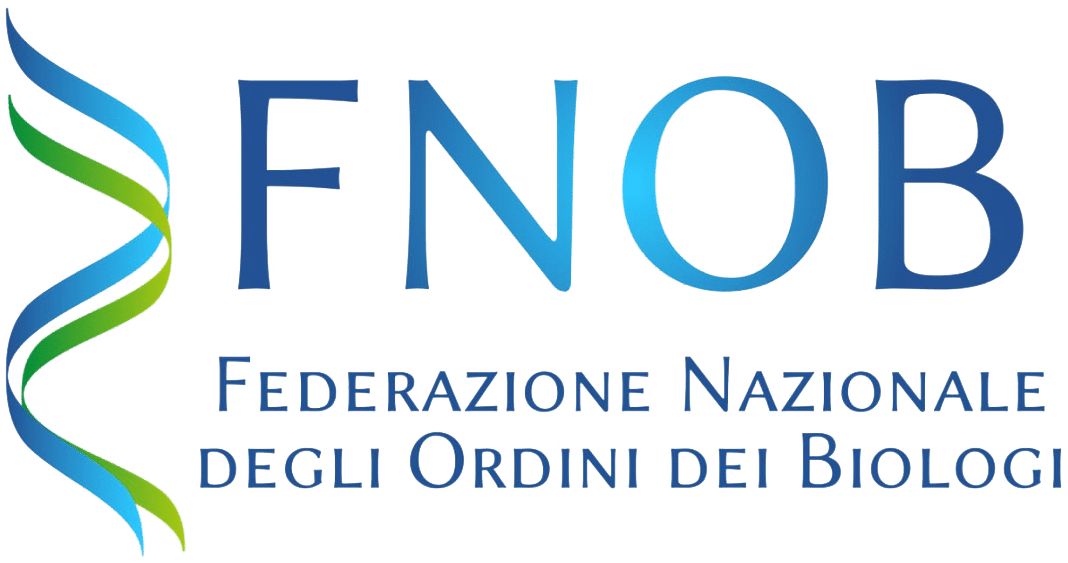 |
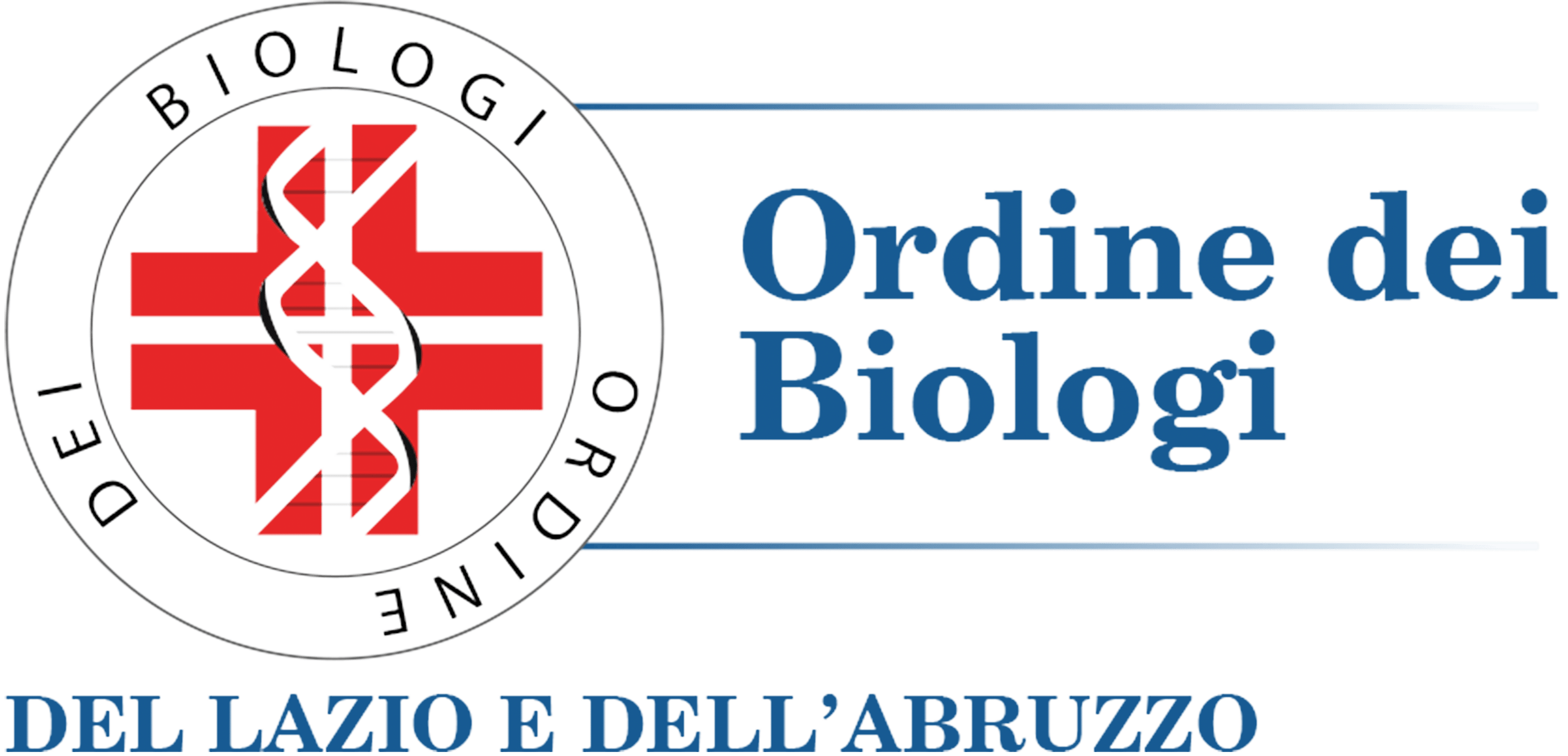 |
 |
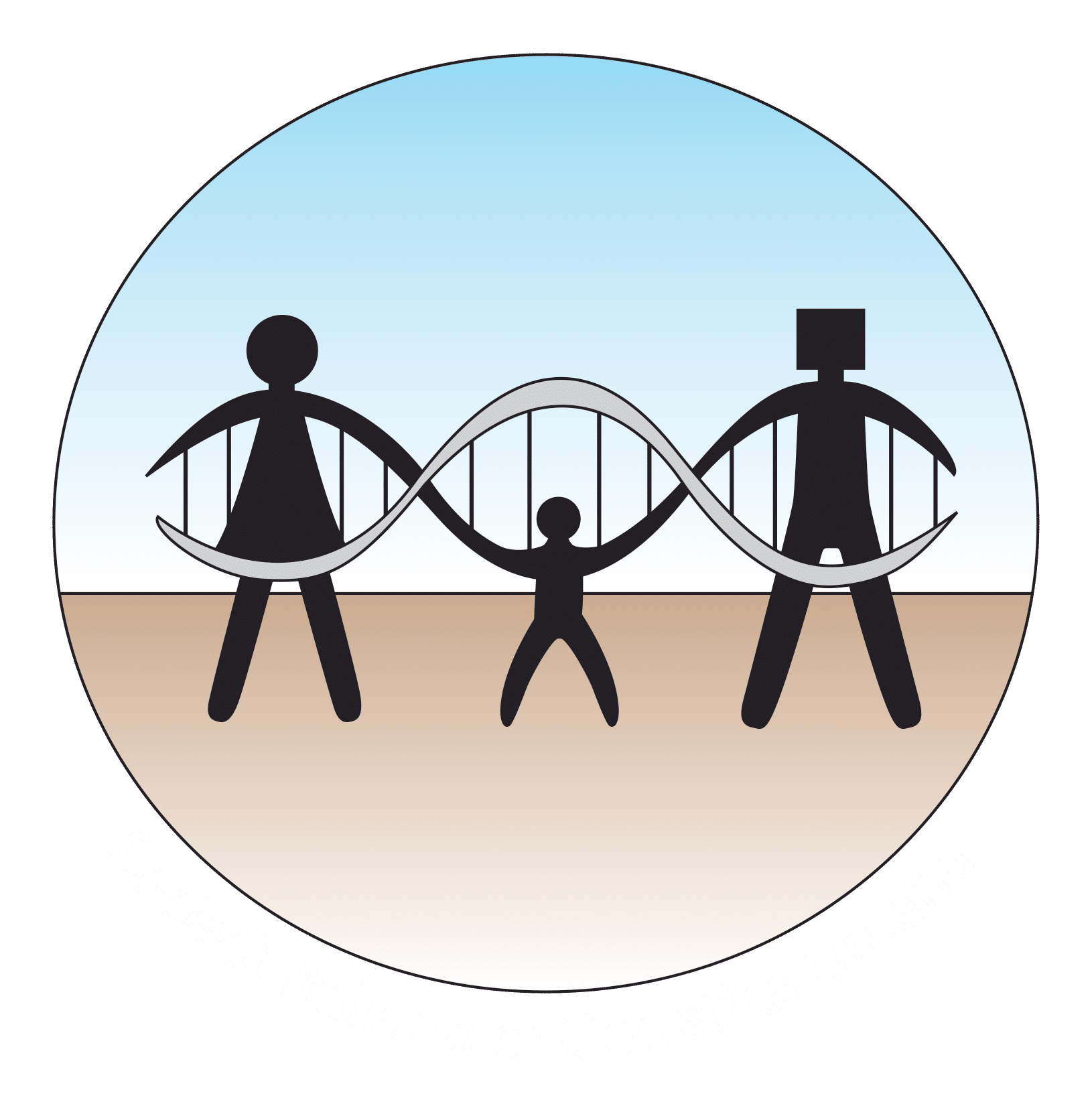 |
 |
Home | About us | Programme | Abstract | Sponsorship | Host city | Contacts
By browsing this site, you accept the cookies we use to improve your experience. More information.
By browsing this site, you acknowledge and agree to our privacy policy. For more information, please refer to our privacy policy.
